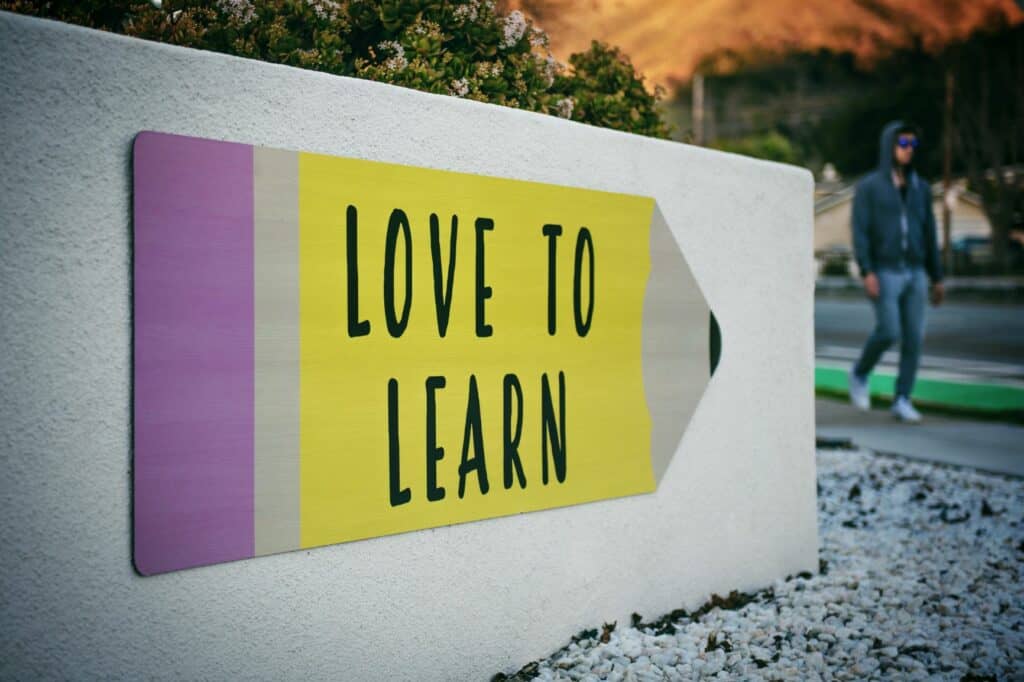The last 9 months have been an extraordinary and stressful experience (and it’s not over yet), but what can we learn from it?
Here are just some of the learning opportunities I’ve come across in the last 9 months…
Goals & priorities – You will likely have had the time and space to focus on your goals. Some of those goals may been restricted (travel, spending time with family and friends, etc.) and have really been pushed up the agenda. Other goals have become less important. I know there are some people (myself included!) who are yearning for the ability to travel freely.
Lifestyle – You may have had a change in lifestyle forced on you. There has been much more of a focus on home and close family. For myself, it’s reinforced how much I cherish time spent with my wife and kids. I know I will be focused on ensuring our lifestyle retains an element of the togetherness and lack of rushing around we have experienced this year.
Family & friends – Linked to the above, the last 9 months has led to physical distance with lots of family members. For some, it has brought home feelings of “what happens if the last time I hugged my [insert family member] was the last time I ever hugged them”.
Work – Working life has been thrown upon it’s head. For some people, a less stressful life has been an amazing experience, so they are actively planning how to change their working life. This might be to reduce commuting, change career or retire completely. I know that it has already led to us exploring the financial implications of these decisions with some of our clients.
Behavioural insights – You have experienced the reality of how you feel and react when the markets are in freefall. This last one is a strange one but invaluable for us when planning for your future. Let me explain…
When building your financial plan, we need to establish your risk profile. This is made up of three different elements; risk capacity, risk need and risk tolerance. Risk capacity and risk need can be established through scenario testing, however, risk tolerance is really difficult to quantify as it’s more a feeling. Risk tolerance is all about establishing how much risk you are comfortable taking.
Typically, we establish this by getting you to fill in a risk profile questionnaire then discussing the results. We’ll then show the extremes (best and worst) of the potential investment strategy to see if you think you can sleep easy in the worst scenario.
This is all well and good, but reading about it and living through it are two different things. To go through the experience of markets falling and really feeling it is a very valuable experience. You now know how you felt during those times of market stress. You know what you wanted to do, what you did do and the results of those decisions.
That knowledge and experience will be invaluable when planning for (and living through) future events.



 Production
Production